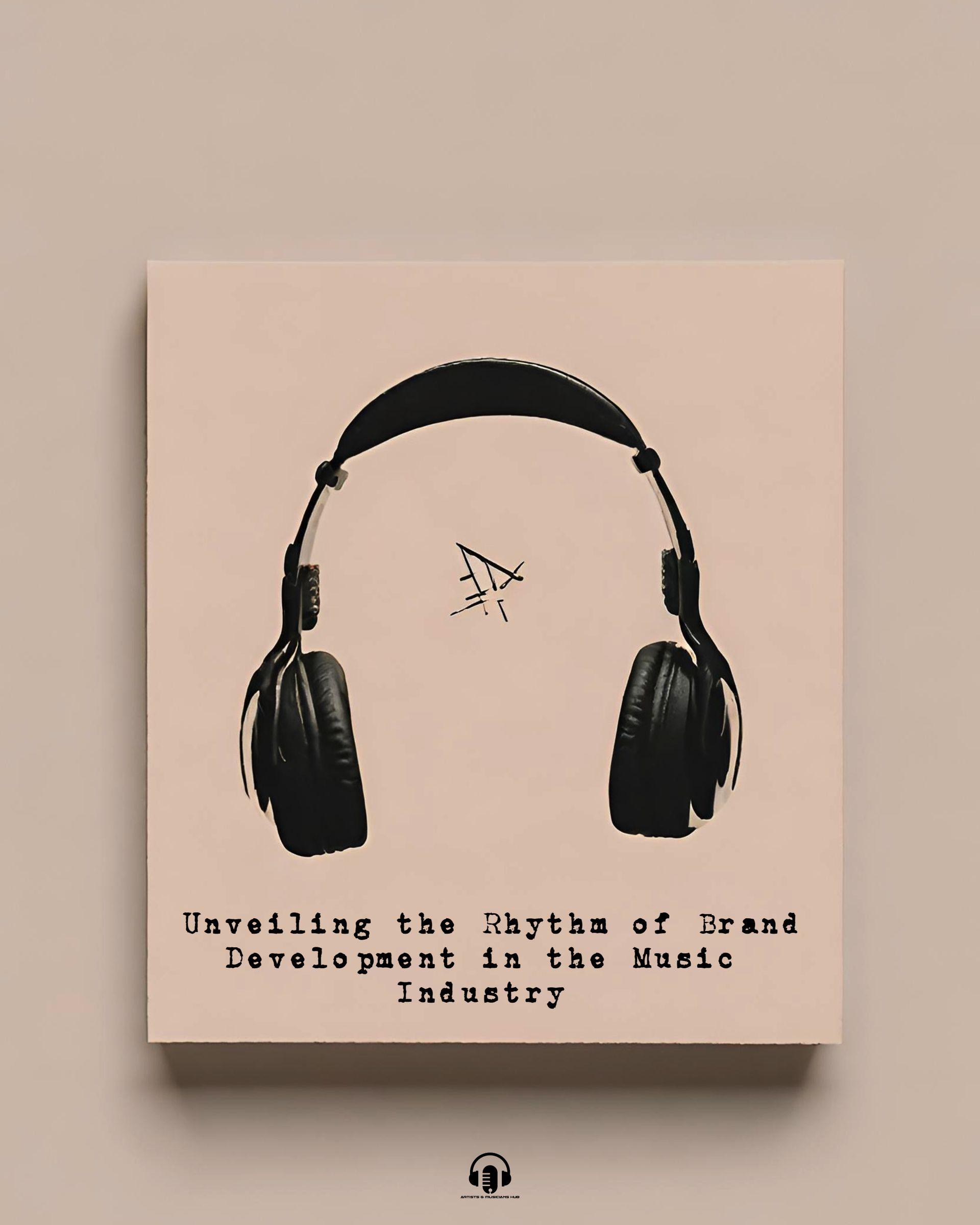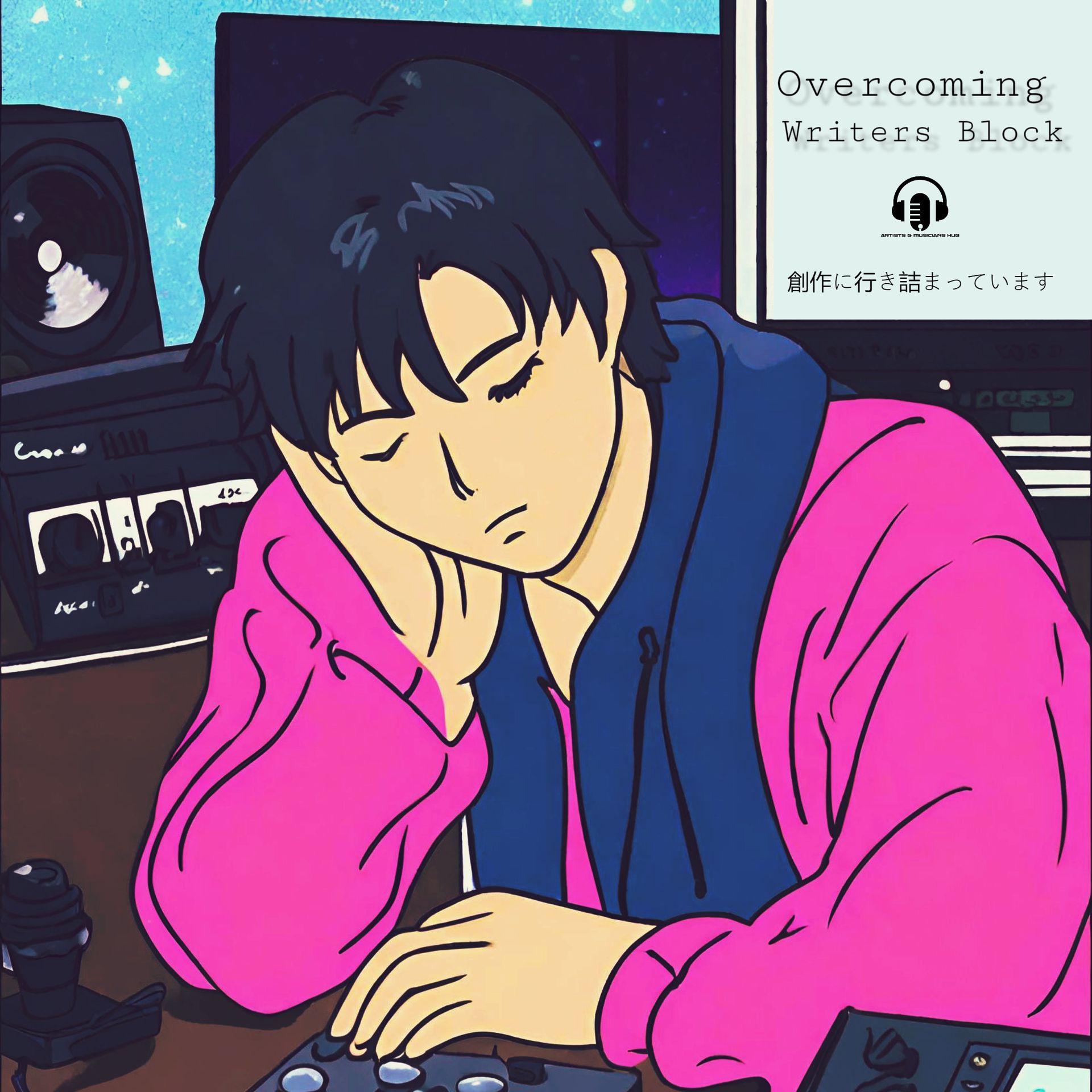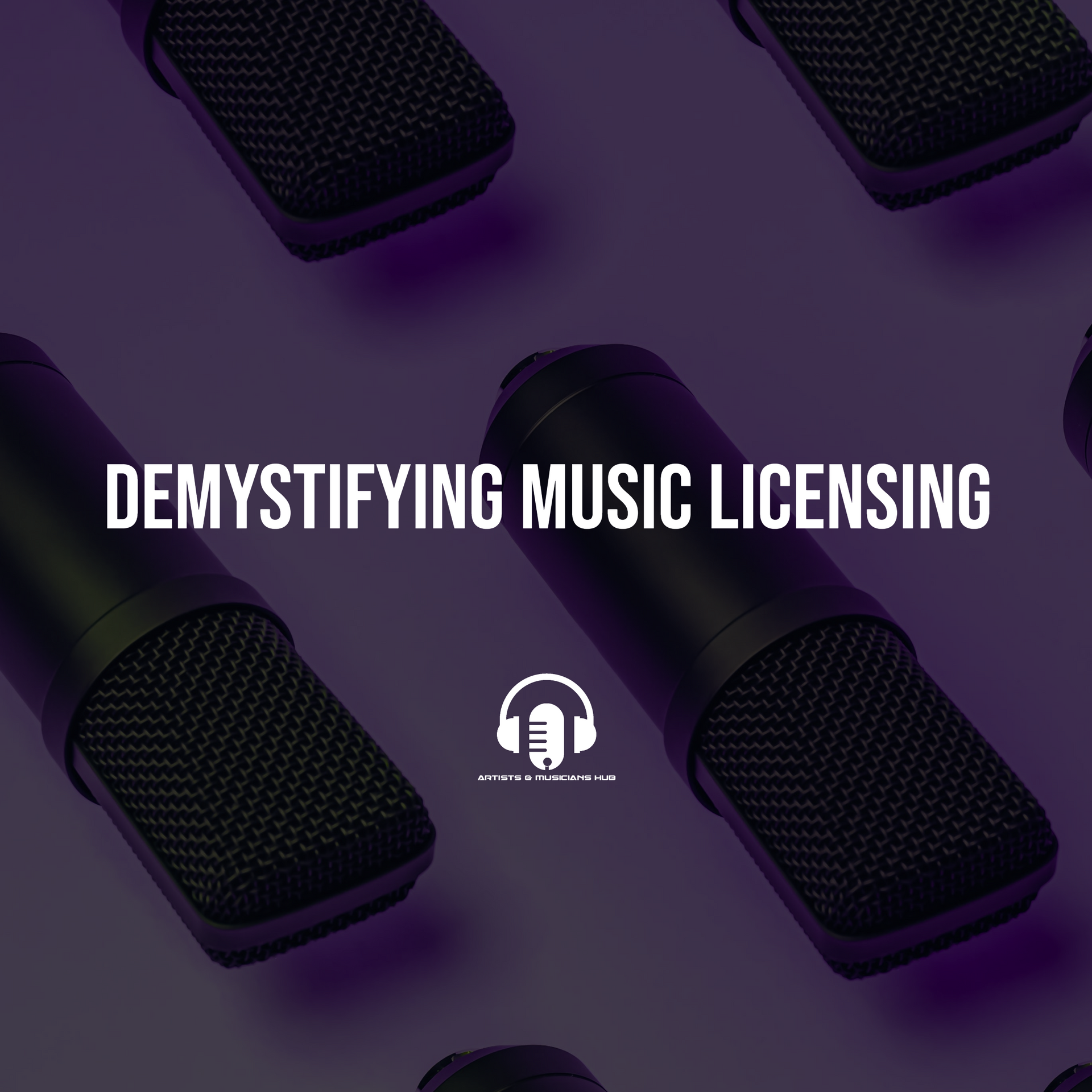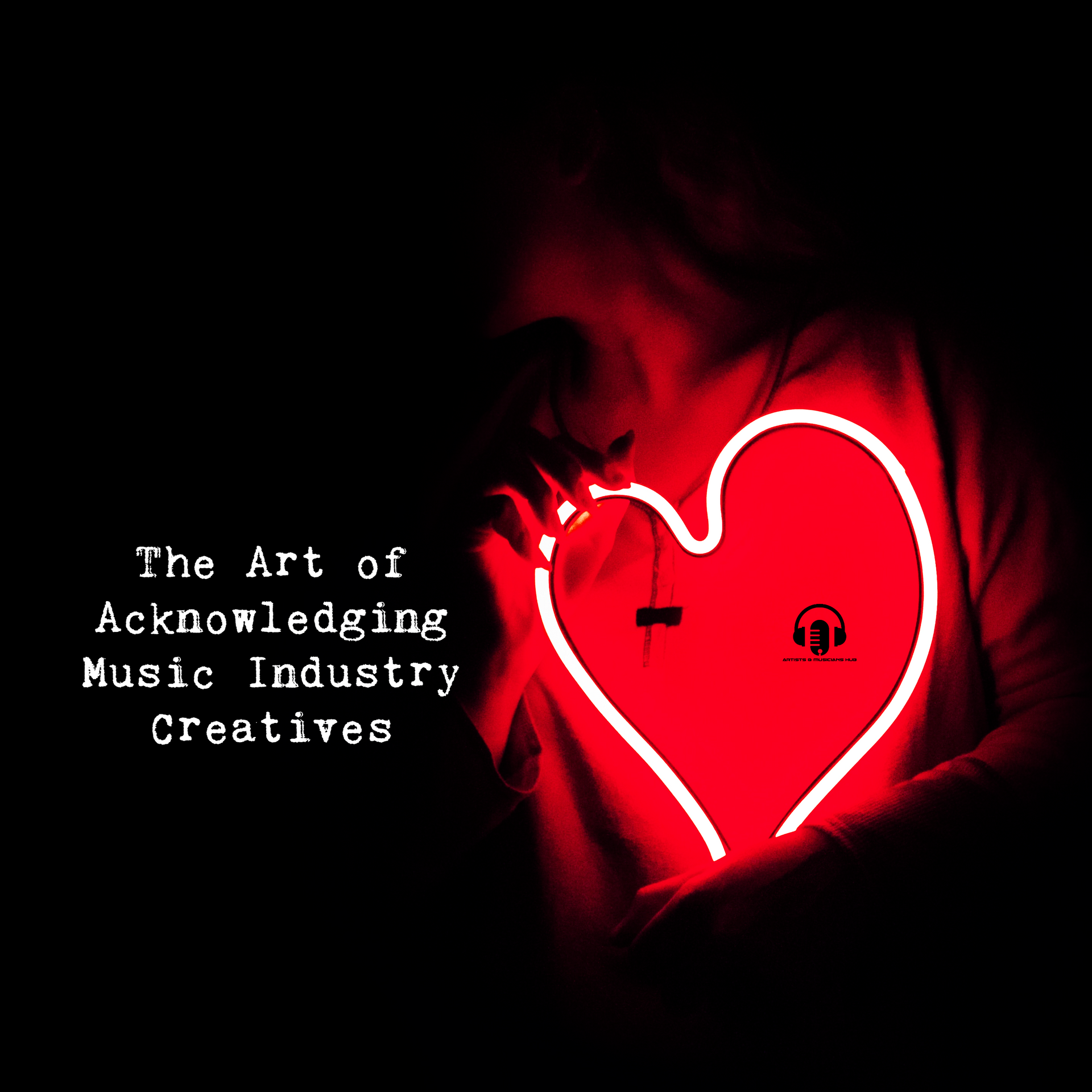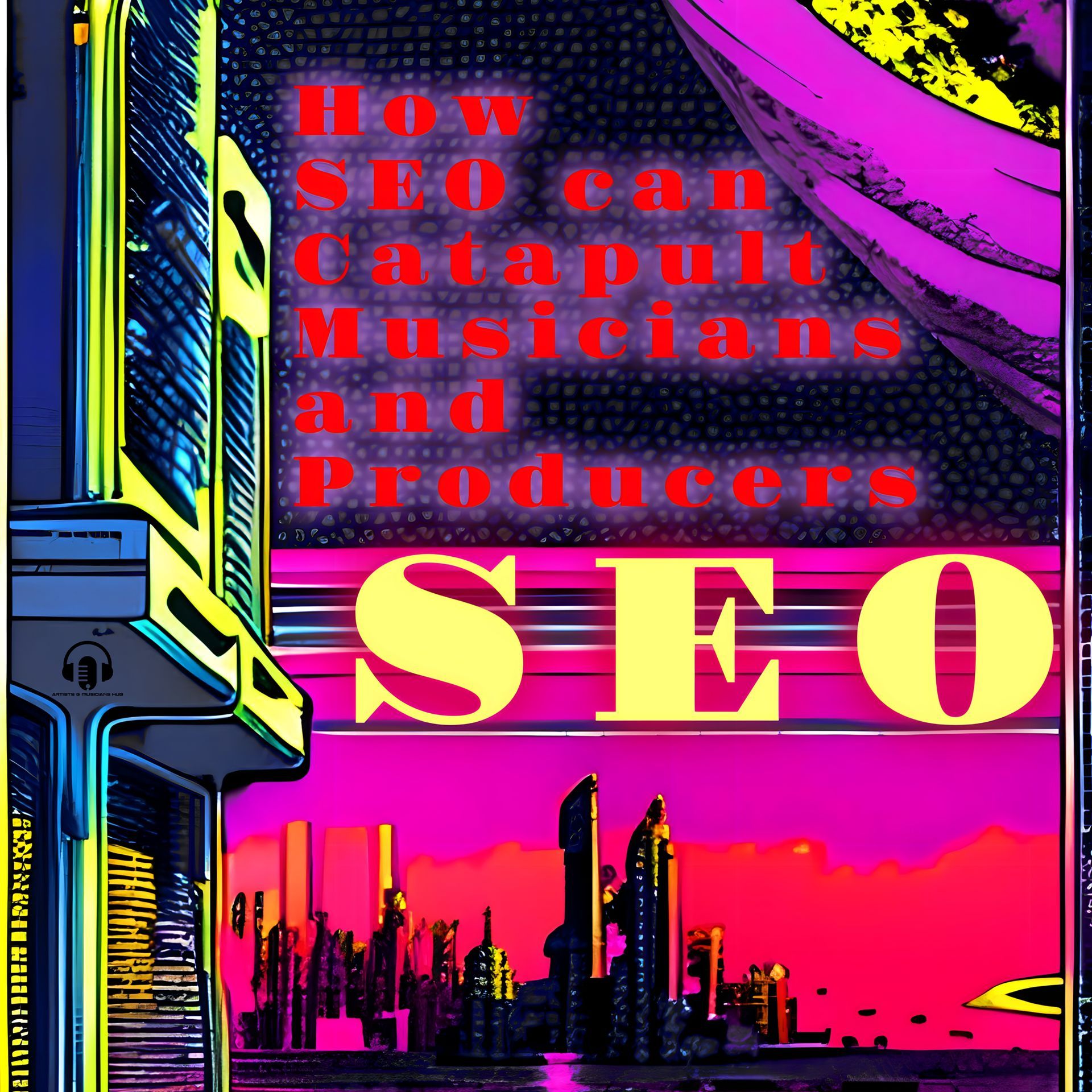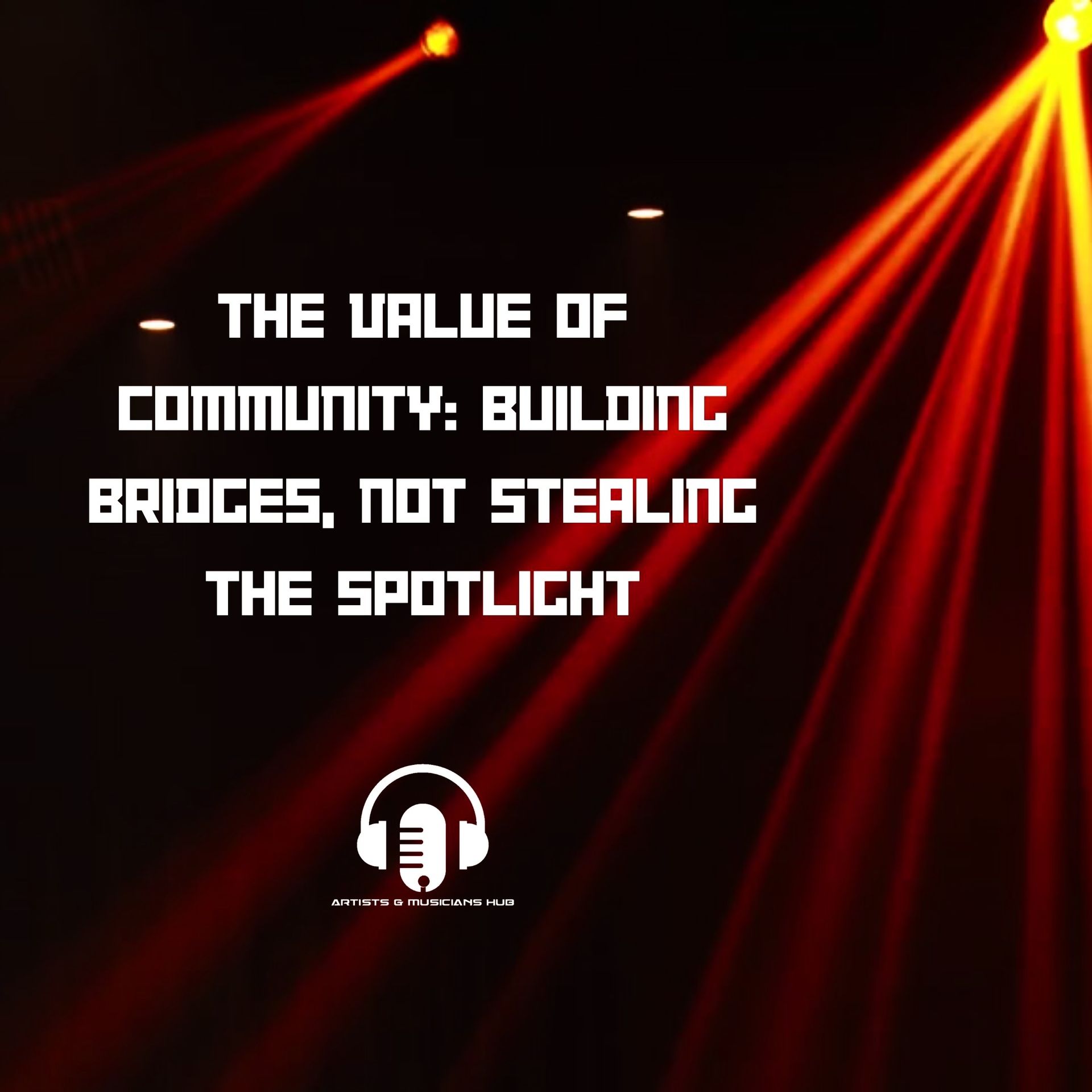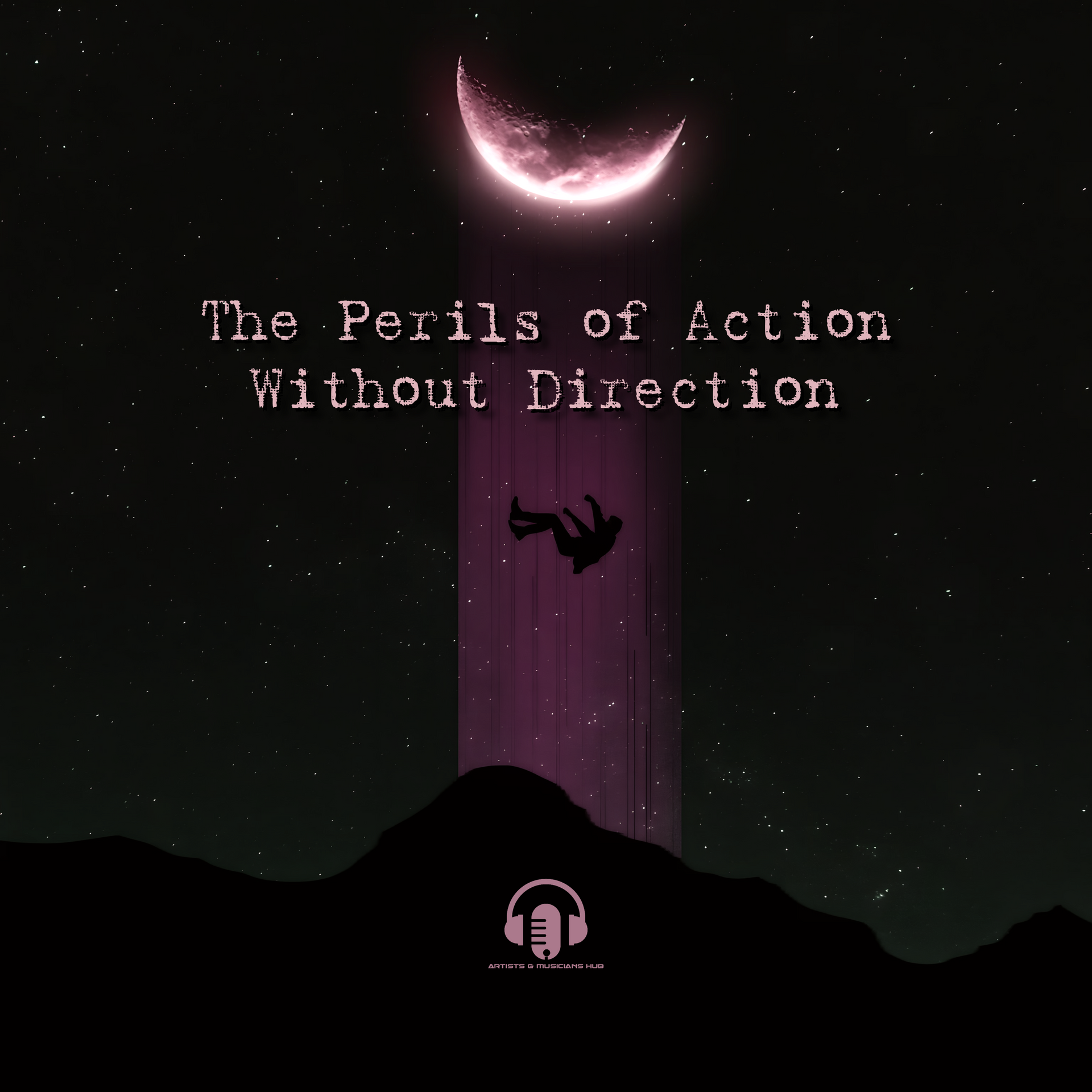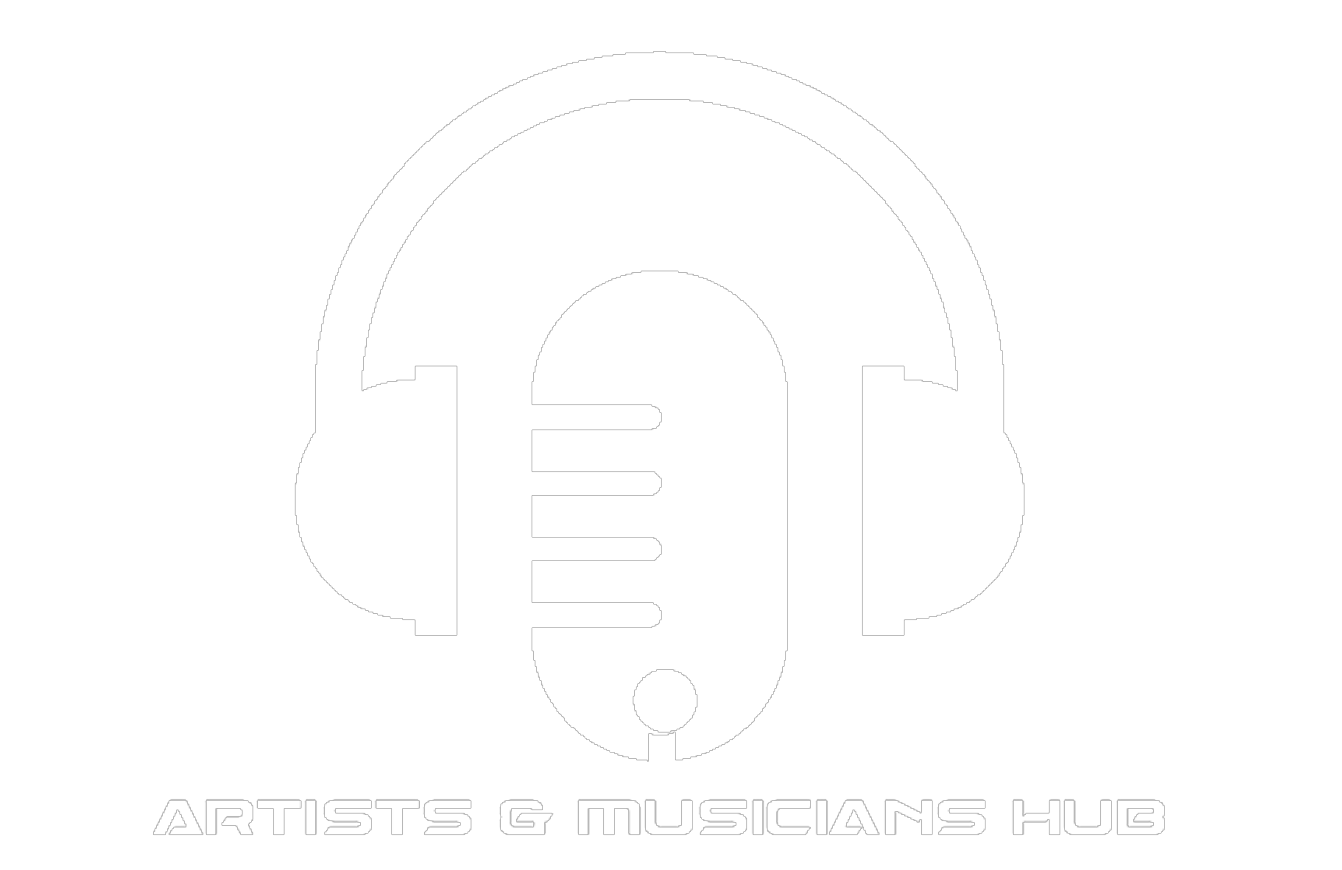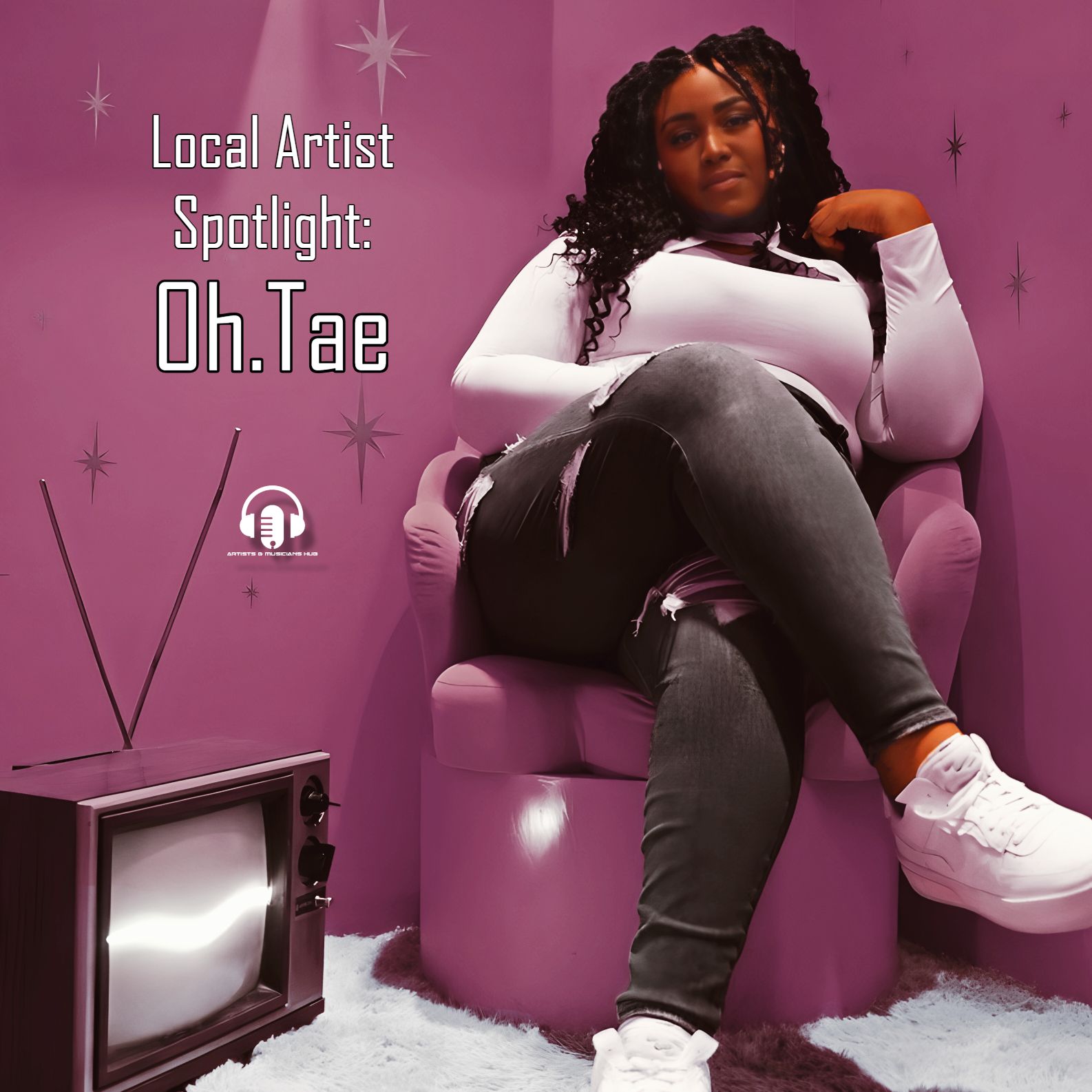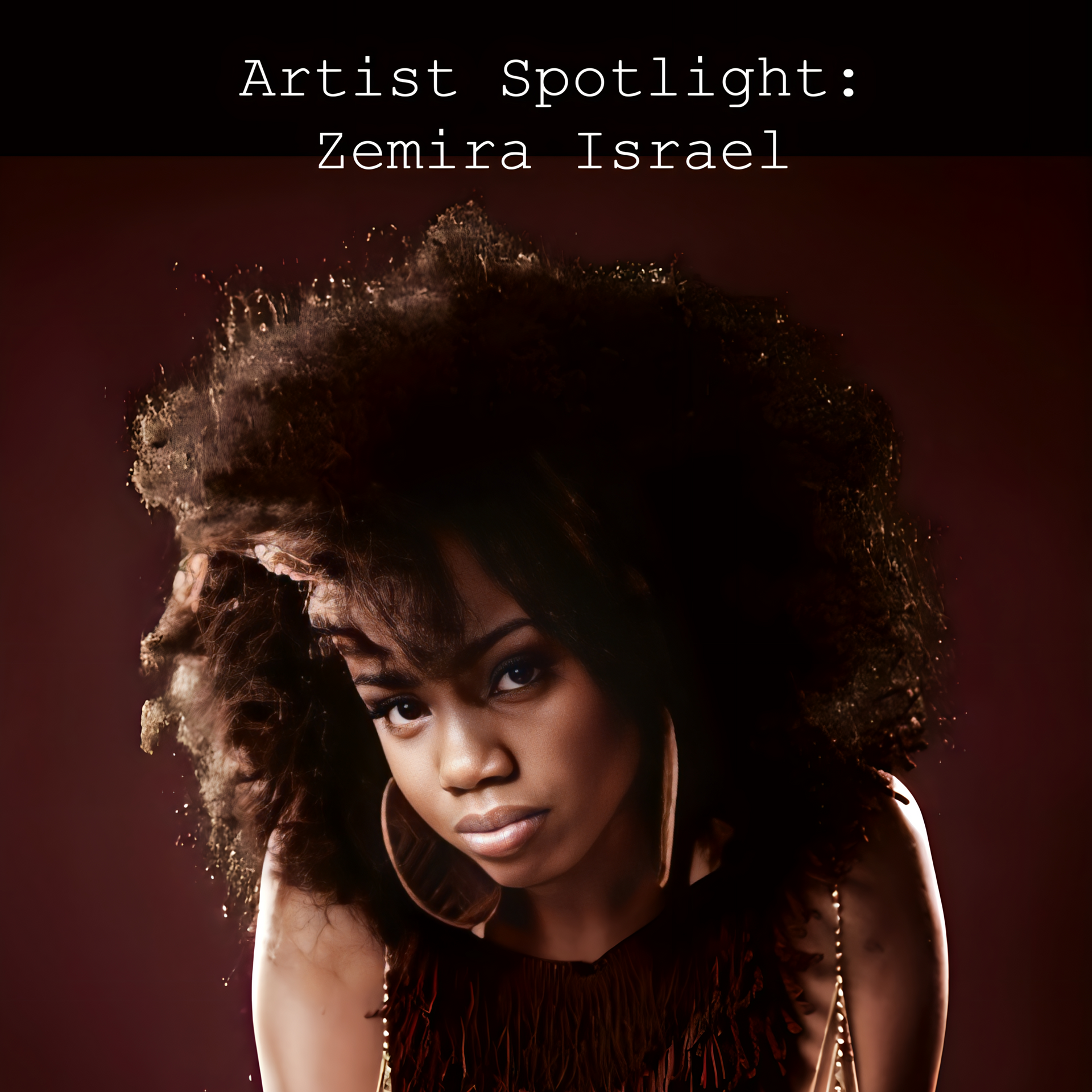Why have a Native Platform?

Hello, creatives! You may be tempted to rely only on social media and streaming services to market your music and establish a fanbase. While these platforms can be useful, it is equally critical to have your own native platform. In this blog, we'll discuss why having your own platform is preferable to simply marketing on other platforms, and we'll include some real-world instances to back up our views.
First, let us define the term "native platform." Your own website or app where fans can listen to your music, buy items, and connect with you is your native platform. It's a location where you have complete control and can create the kind of experience you want your fans to have.
Now, let's look at why having your own native platform is essential:
Command of Your Brand
You have complete control over your brand when you have your own native platform. You can establish a consistent brand experience for your fans by designing your website or app to reflect your style and look. You can also have complete control over the messaging and tone of your platform, which is essential for developing a strong brand identity.
Have a look at Taylor Swift's website, for example. She has designed an eye-catching website that matches her business and personality. Fans may listen to her music, purchase items, and connect with her on social media in one convenient location.
Direct Interaction with Fans
You are at the mercy of the algorithms and policies of social media and streaming platforms when you rely completely on them. You have little control over who sees your content and when they view it. Nevertheless, when you have your own native platform, you can communicate with your audience directly, cutting out the middlemen.
Take, for example, Chance the Rapper's app. He developed an app where fans can listen to his songs, watch special videos, and even directly speak with him. This type of direct communication strengthens the bond between the artist and their audience.

Increased Monetization Control
When you rely only on social networking and streaming services, your options for monetizing your material are limited. You are subject to their advertising policies, and you only receive a portion of the revenue earned by your streams.
Yet, when you have your own native platform, you have more control over how your content is monetized. You can sell items, provide exclusive content for a price, or even sell performance tickets.
Have a look at Beyonce's website, for example. She sells special goods, concert tickets, and even a membership service through which fans can have access to exclusive content.
Additional Information and Insights
You have more data and insights about your audience when you have your own native platform. You can see who is listening to your music, where they are, and what devices they are using.
This type of information can assist you in making more educated judgments about your marketing and promotion strategy. For example, if you notice that a large number of your followers live in a particular city, you might want to consider making a tour stop there.
Let's look at some real-world instances to demonstrate these points:
Taylor Swift
Taylor Swift is known for her strong brand identification, which she has reinforced through her website. Her website is absolutely gorgeous and accurately displays her personality and sense of style. Fans may listen to her music, purchase items, and connect with her on social media in one convenient location. This level of control over her brand has allowed her to cultivate a large and devoted fan base.
Chance the Rapper
Chance the Rapper has always been recognized for his direct connection with his fans, and with his app, he has brought that relationship to a whole new level. Fans can listen to his songs, watch unique video, and even directly speak with him. This type of direct communication strengthens the bond between the artist and their audience and contributes to the creation of a sense of community.
Beyonce
Beyoncé is one of the world's most famous music performers, and she has utilized her website to monetise her content in novel ways. She sells special goods, concert tickets, and even a membership service through which fans can have access to exclusive content. This kind of control over monetization has helped her to make more cash from her songs and establish a stronger business.
In conclusion, while social media and streaming services can help you promote your music and grow a fanbase, it's critical to establish your own unique platform. Your native platform allows you greater control over your brand, direct engagement with your fans, greater monetization control, and more data and insights into your audience. You may establish a stronger and more sustainable music career by creating your own platform. So, start working on your own website or app today and take charge of your music career!
